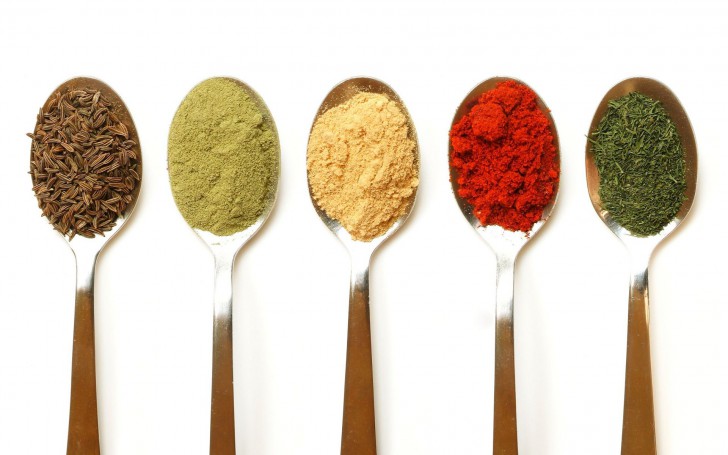Alcohol’s heart-friendly reputation has just had a big boost especially for post-menopausal women. Research published in the journal of clinical nutrition in February revealed that having two alcoholic drinks, in one day offers more than double the protection from cardiovascular disease than one drink provides. In the long term having one drink a day lowers your risk by 5 per cent having two cuts it by 10 to 13 per cent according to the researches.
There are plausible mechanisms by which alcohol drinking might protect against CAD. These include:
- A favorable effect on HDL cholesterol concentration (an increased level)
- A similarly favorable effect upon apolipoproteins, and
- An antithrombotic action.
Controversy about protection persists, however, on the grounds that correlates of abstinence and lighter drinking could explain the higher risk of abstainers.
In the study, one drink (15g alcohol -what you will typically consume in a 330 ml bottle of beer at a 125ml glass of wine) was shown to reduce levels of bad cholesterol (low-density lipoprotein or LDL) and triglycerides in the blood. That’s good because LDL can build up on artery walls restricting blood flow and increasing your risk for heart disease. High levels of triglycerides are also a risk factor for heart disease. But a second drink protects in a different way by raising levels of good cholesterol (high density lipoprotein or HDL) which ushers harmful LDL out of the body. The polyphenolic antioxidants present in red wine, for example, resveratrol and proanthocyanidins, provide cardio-protection by their ability to function as in vivo antioxidants while its alcoholic component or alcohol by itself imparts cardio-protection by adapting the hearts to oxidative stress.
|
Research Findings on association between intake of different types of alcoholic drinks and mortality: |
|
The relative risk of death from CVD was reduced from 1.00 in nondrinkers to 0.4 for those who drank 3–5 glasses of wine/d. The cardio-protective effects of red wine have been attributed to several polyphenolic antioxidants including resveratrol and proanthocyanidins. With respect to the intake of beer, 3–5 bottles/d conveyed a reduction in risk of 0.72 compared with not drinking beer. Conversely, the results related to the intake of distilled alcohol products exhibited different trends, mainly that weekly or daily consumption actually increased the relative risk of CVD to 1.35. |
Keep in mind that alcohol can have other negative effects. For instance drinking too much can harm the liver. And the heart benefits stop with that second drink. A third does more harm than good actually raising triglyceride levels.
IN THE LONG TERM HAVING ONE DRINK A DAY LOWER YOUR RISKS BY 5 PER CENT HAVING TWO CUTS IT BY 10 TO 13 PER CENT.

